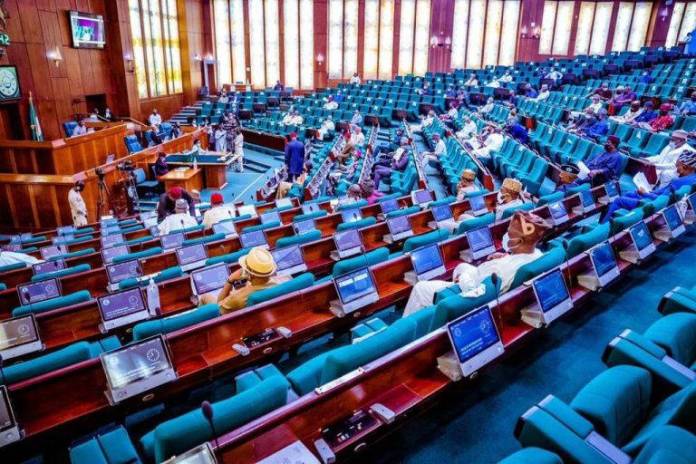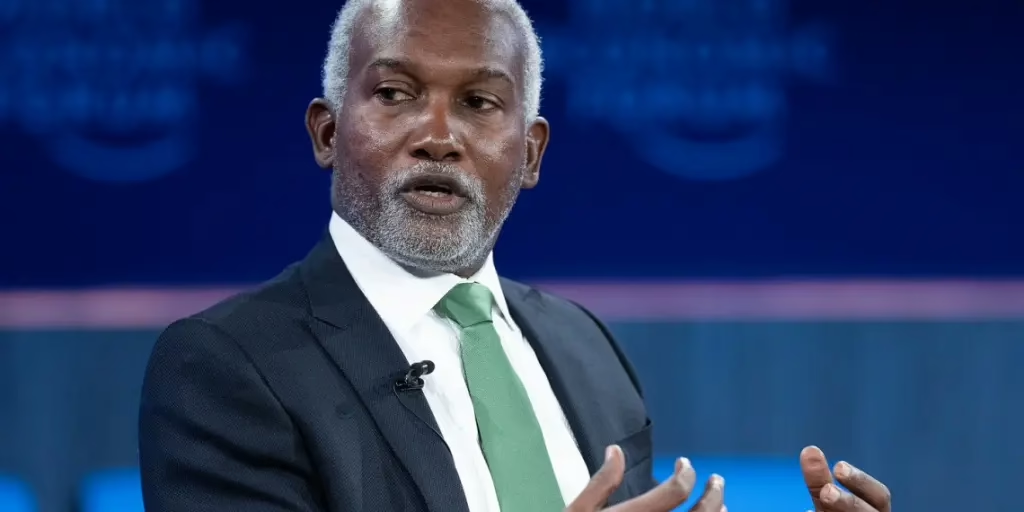Northern representatives in Nigeria’s House of Representatives have raised significant concerns about four tax reform bills currently under review in the National Assembly. These concerns were voiced during an interactive session organized by the House in collaboration with the Presidential Committee on Fiscal Policy and Tax Reforms.
At the center of the debate is a proposed amendment to the allocation formula for Value Added Tax (VAT) revenue, a change that has sparked widespread discussion among lawmakers.
The Tax Reform Bills
The bills under scrutiny include:
1. Nigeria Tax Bill 2024 – Seeks to establish a comprehensive framework for the nation’s tax system.
2. Tax Administration Bill – Aims to streamline tax collection and reduce conflicts.
3. Nigeria Revenue Service Establishment Bill – Proposes replacing the Federal Inland Revenue Service (FIRS) with a new Nigeria Revenue Service (NRS).
4. Joint Revenue Board Establishment Bill – Seeks to create a tax tribunal and ombudsman to address disputes and improve oversight.
Regional Concerns
Northern lawmakers, traditional leaders, and other stakeholders argue that the proposed reforms disproportionately disadvantage the northern region. They contend that the North’s unique socio-economic challenges, including widespread insecurity and low productivity, have not been adequately considered in the bills.
Rep. Yusuf Adamu Gagdi (APC, Plateau) highlighted that insecurity has severely weakened the North’s economy, questioning how displaced communities could benefit from a VAT model focused on consumption and imports. He emphasized that insurgencies like Boko Haram and banditry have devastated industries and productivity in the region.
Rep. Ahmed Jaha Babawo (APC, Borno) expressed concern about the timing of the reforms, noting that the North’s fragile economic stability could be further undermined.
Rep. Zainab Gimba (APC, Borno) called for a more equitable VAT allocation formula, reflecting the severe economic challenges faced by states like Borno, which are heavily impacted by insurgencies.
Rep. Zakariah Dauda Nyampah (PDP, Adamawa) urged a careful review of any provisions that might disproportionately affect northern states, emphasizing the need for reforms that account for regional disparities.
Government’s Stance
Despite the opposition, President Bola Ahmed Tinubu has encouraged lawmakers to continue legislative deliberations, emphasizing that revisions can be made during the review process without withdrawing the bills entirely.
The Presidential Committee on Tax Reforms has defended the proposals, arguing that the current VAT distribution system disproportionately favors a few states and needs adjustment for nationwide equity.
Next Steps
As the debate continues, lawmakers from the North are calling for a reform approach that considers the region’s vulnerabilities, particularly those arising from security issues. Senator Abdurahman Kawu Sumaila of Kano South assured constituents that northern legislators would factor in their concerns while deliberating on the bills.
The outcome of this legislative debate will shape the future of Nigeria’s tax system and its impact on regional development.











Leave a Reply